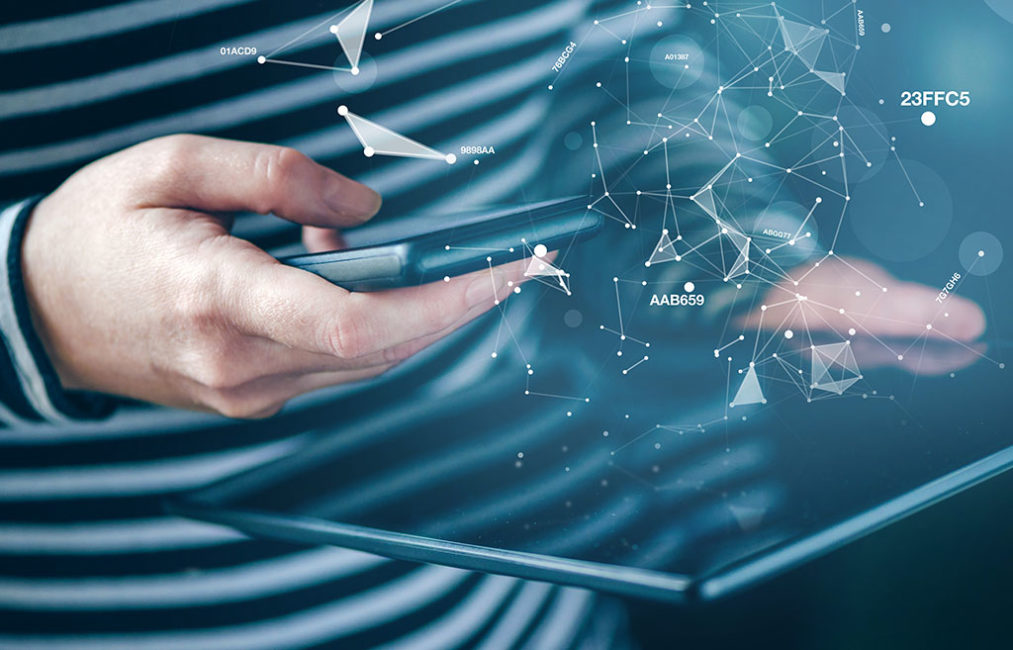Contextual Futures for Smart Personal Devices
The ways that people relate to their mobile devices, and through them to one another, are adding digital dimensions to identity to many aspects of life.

What insights about people and technology are needed to better understand future contexts for smart personal devices?
Overview
Emerging uses of digital applications were igniting new cyber-social communities, reorganizing social and economic systems, and altering relationships people have with each other, their employers, their teachers and mentors, and their environments. The ways that people related to their mobile devices, and through them to one another, were adding digital dimensions to identity, reciprocity, trust, authenticity, memory, transparency, and service. Nested in an ecosystem of related technologies, such as sensors, IoT, big data, deep learning, and cloud computing, the future contexts and use patterns of smart devices create challenges and opportunities.
Background
Personal smart devices were becoming more powerful. They served as communication tools, but also as customized interfaces through which people interact with their worlds. From handling work to social networking, from just-in-time learning to entertainment, from giving to buying, from search to discovery, they are becoming indispensable for connected lifestyles.
To explore future contexts for smart personal devices, mediaX funded the following three research initiatives.
We invited faculty-led teams across all disciplines to propose multidisciplinary, concept proving research to explore the human science and information technology dimensions of personal mobile devices – now and in the future – across professional, organizational and national cultures. This challenge included but was not limited to wearables, personal robotics, personal work-related tools and technologies. Priority was given to proposals that included research methods or questions about how smart devices will be used in the future contexts of future life, work, learning, and leisure in 5-7 years from now.
Research Initiatives
Paulo Blikstein: The Contextual Future of Situated Schools
Kincho Law: The Interaction Archetypes in Global Teamwork
Larry Leifer: The Enabling Impromptu Interaction Through a Robotic Water Cooler